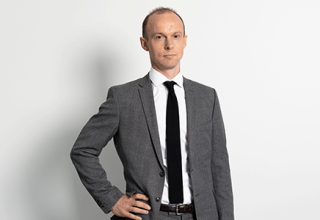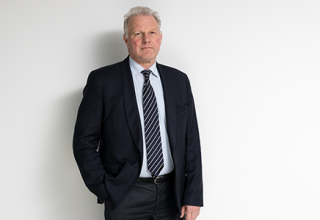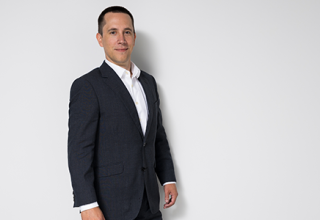Court of Appeal confirms employment status of Uber drivers

Court of Appeal confirms employment status of Uber drivers
Tuesday 27 August, 2024
In 2022 the Employment Court declared that four Uber drivers were employees. Uber appealed to the Court of Appeal. That Court has now released its judgment, confirming that the four Uber drivers are indeed employees.
The claim
The four Uber drivers sought declarations of employment status in the Employment Court. Uber denied that the drivers were employees. It claimed that all it did was facilitate a contractual relationship between a driver and rider (Rideshare) and between the eater, the driver and the restaurant (Eats). The Employment Court rejected that Uber was merely a facilitator. Chief Judge Inglis found that there was a high degree of control and subordination in the relationship between Uber and each of the drivers. Her Honour held Uber did not simply connect individuals, it:
“…creates, dictates and manages the circumstance under which its business is carried out, and driver labour is deployed in order to grow that business.”
The appeal
At the Court of Appeal, Uber argued that the Employment Court misdirected itself on the application of the test for whether a person is an employee. Section 6 of the Employment Relations Act 2000 (‘ERA’) requires determination of the real nature of the relationship between the employer and the worker, whether as an employee or contractor.
The Court of Appeal agreed that the approach of the Employment Court took was misdirected. The leading authority regarding the application of s 6 ERA is the 2005 Supreme Court judgment in Bryson v Three Foot Six Ltd. In Bryson, the Supreme Court adopted a two-step approach:
- First looking to the realities of the parties’ mutual rights and obligations. This includes examining the written and oral terms of the contract and then how the relationship operates in practice.
- The next step involves determining whether those rights and obligations amount to a ‘contract of service’, being an employment relationship. At this stage the following common law tests are applied: the integration test, the control test and the fundamental test.
The Court of Appeal considered the Employment Court’s approach to be novel in some respects. The Employment Court had emphasised the vulnerability of the drivers and gave less emphasis to the parties’ contractual documentation.
Having decided the Employment Court had misdirected itself, counsel for the drivers and Uber urged the Court of Appeal to apply the correct test rather than send the case back to the Employment Court. The Court of Appeal agreed.
At the first stage of the test, the Court of Appeal noted that the agreement and the associated documents were drafted by Uber and put to drivers on a “take it or leave it basis with no scope for negotiation”. It then considered the operation of the relationship in practice. The Court of Appeal observed that while the driver agreement was crafted to avoid the appearance of an employment relationship, many of the provisions were “window-dressing” and did not reflect the realities of the relationship.
In the second stage of the test, the Court of Appeal ruled that it was clear that the drivers were not in business on their own account, making the types of decisions expected of independent business operators. Uber determined the terms of the agreement, and the drivers could not employ others to provide services. Crucially, when the drivers were logged into the Uber driver app, they could not establish business goodwill of their own, they could not influence the quantity or quality of the work they received, or the revenue they received (except to the extent Uber agreed to grant them preference to certain matters).
The Court of Appeal dismissed Uber’s appeal. The drivers are employees.
What next?
While the judgment does not automatically apply to all Uber drivers in New Zealand, the Court of Appeal acknowledged that the issues determined will be of great practical importance for Uber and for many thousands of Uber drivers in New Zealand.
Uber is expected to seek leave to appeal at the Supreme Court. 6000 New Zealand Uber drivers will be watching closely. If the judgment that Uber drivers are employees stands, it will have significant implications. Drivers will become entitled to all minimum employment obligations such as payment of at least the minimum wage and paid holiday and leave entitlements under the Holidays Act 2003. Former Uber drivers may have grounds to claim unpaid holiday and leave entitlements. Drivers will also be able to access the personal grievance procedure and bargain collectively (through a union).








